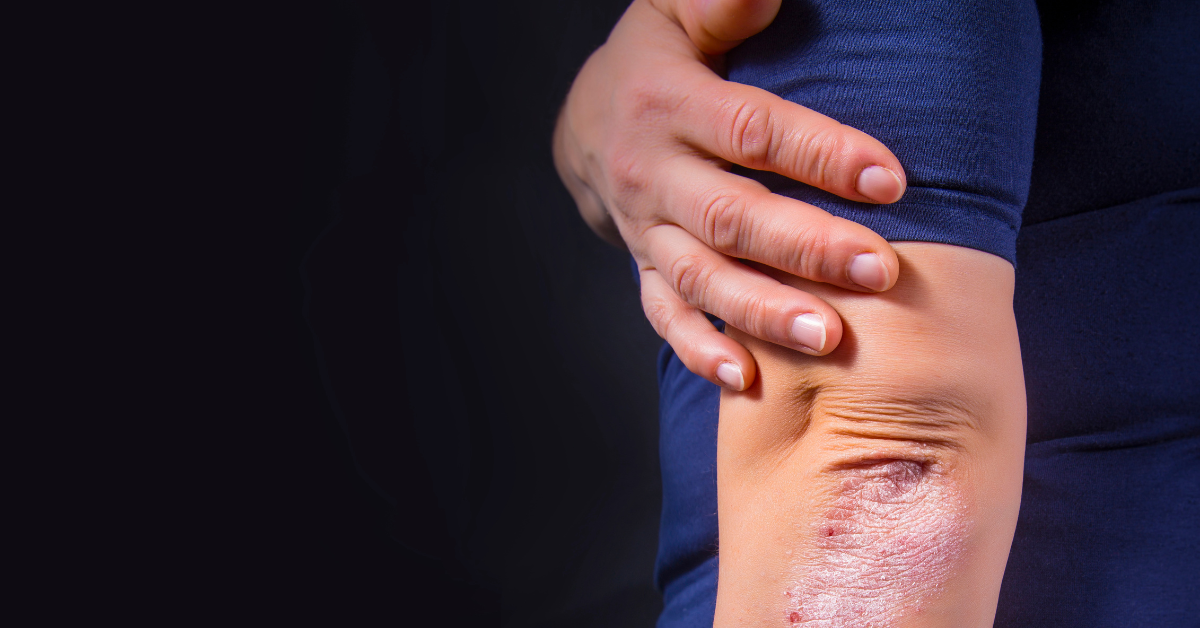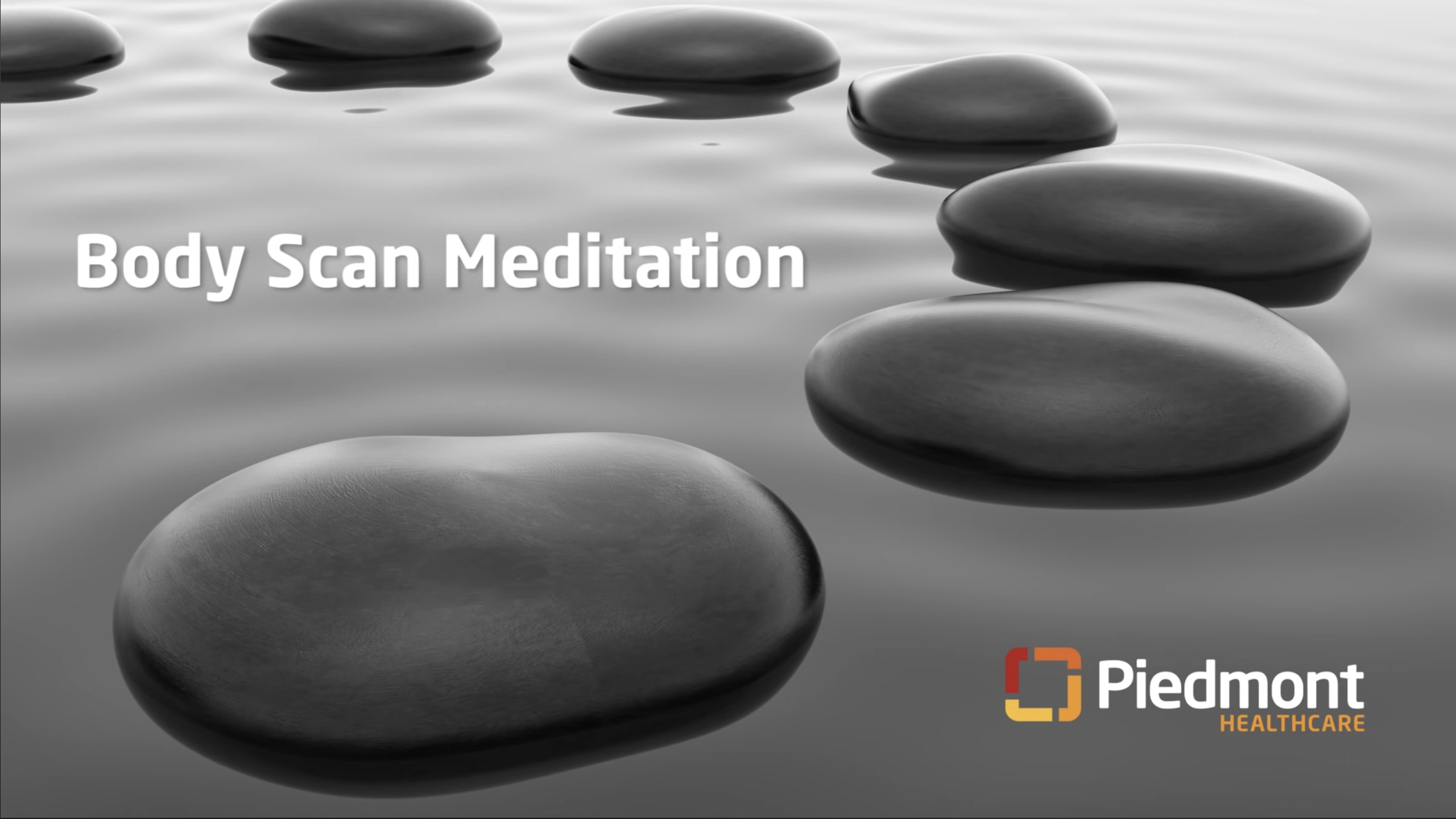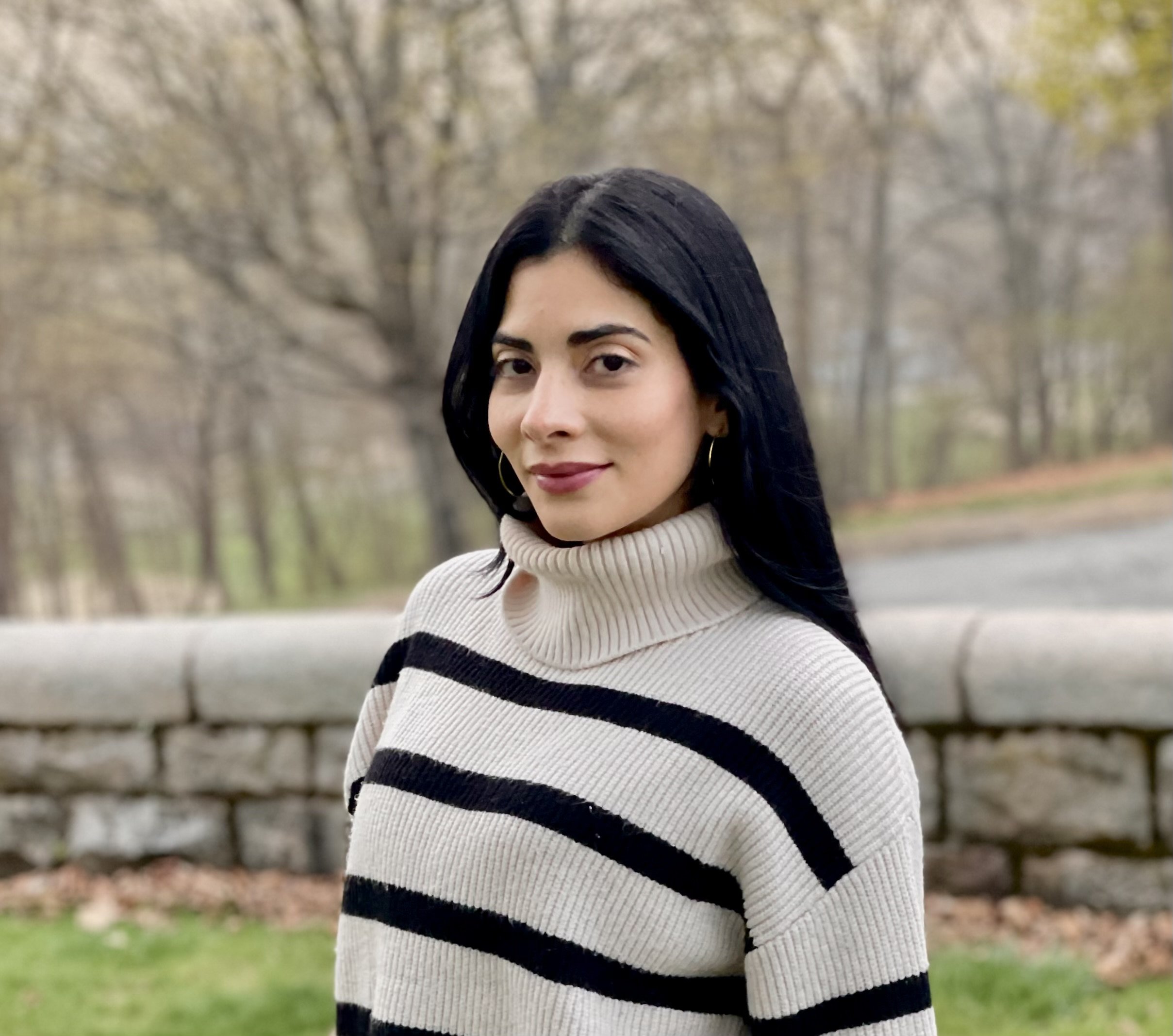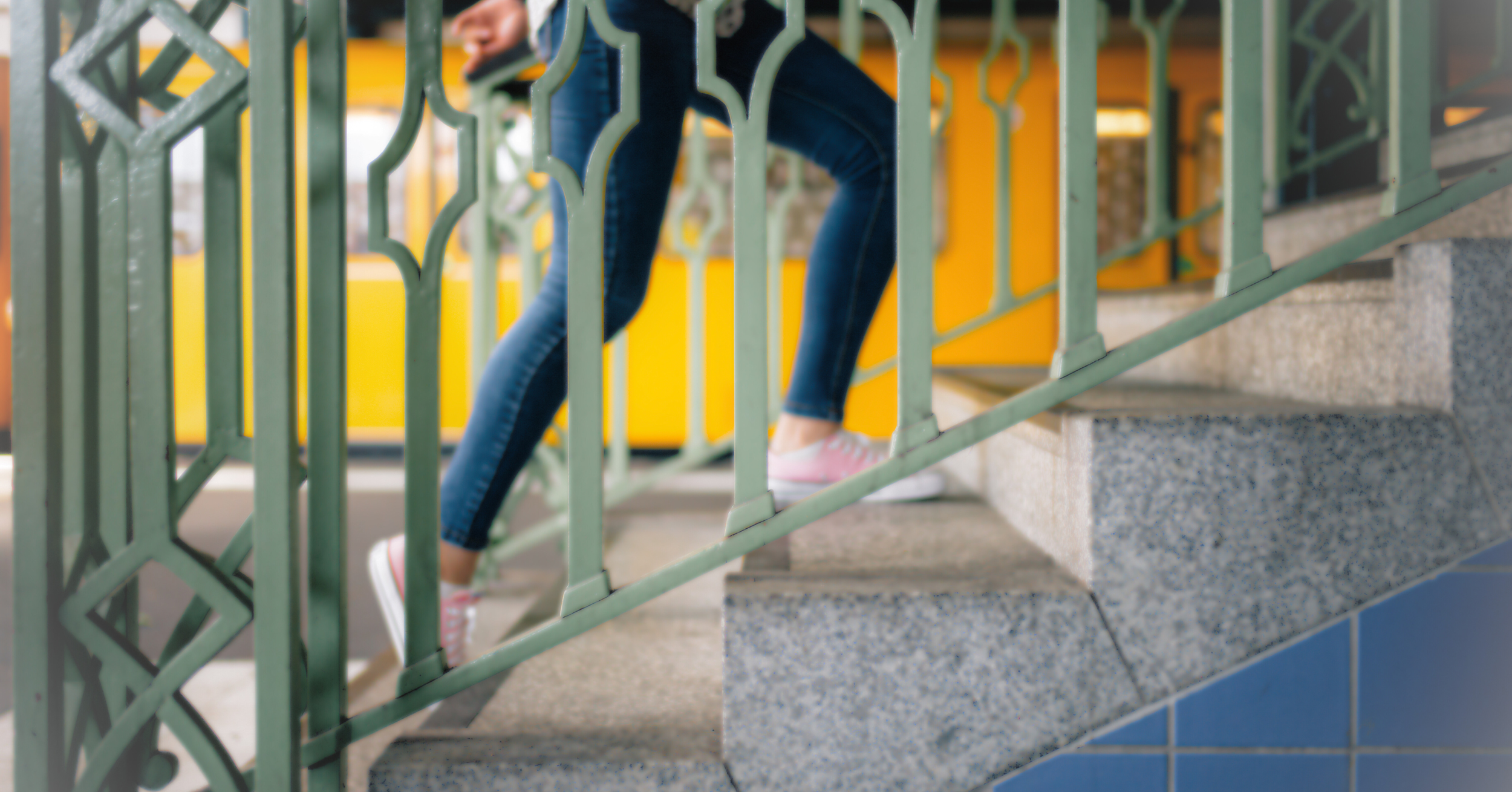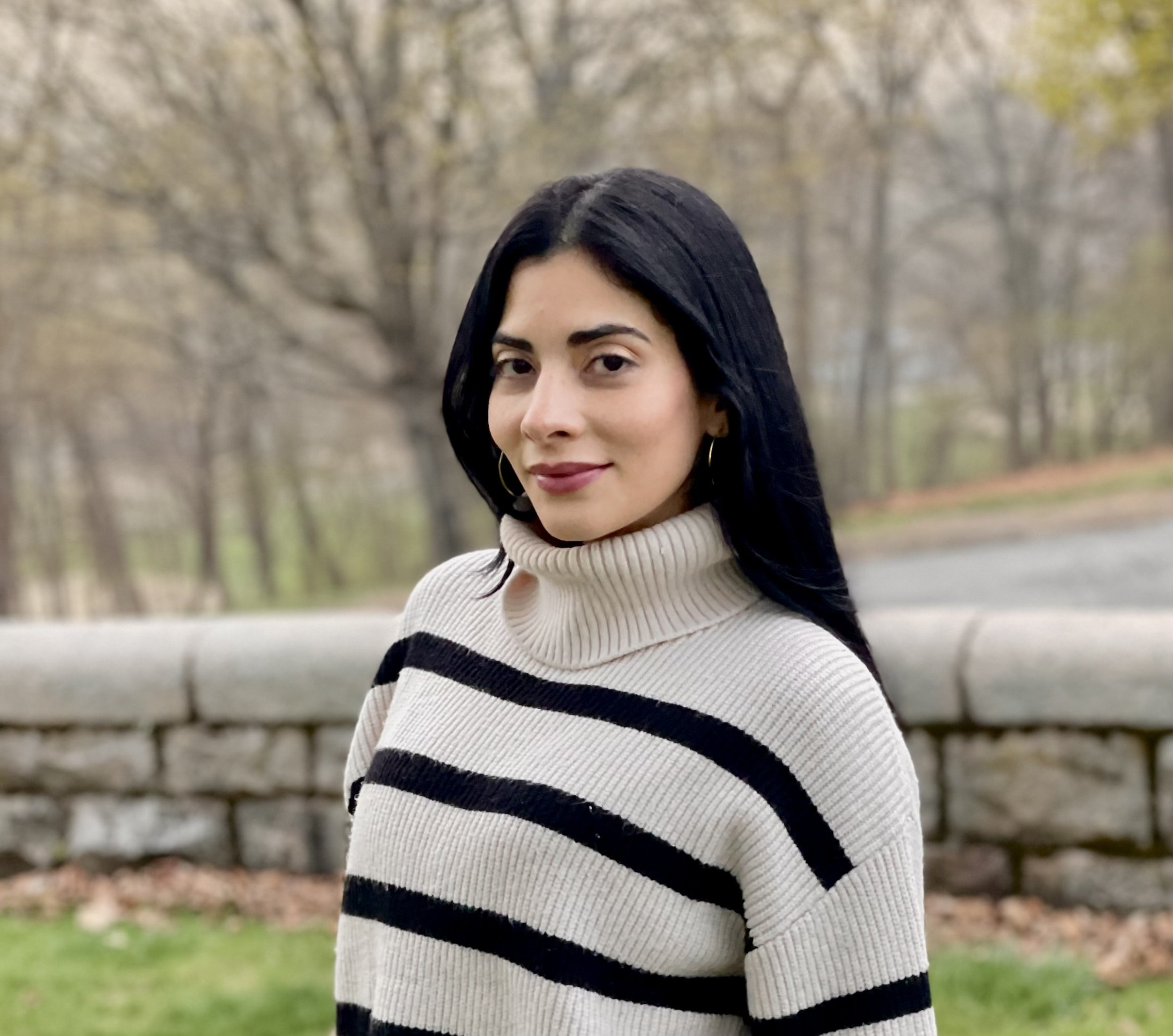Unlocking Wellness: The Impact of Body Scan Meditation on Stress Reduction and Healing
You will notice body scanning is a pretty common call in practices like Mindfulness Based Stress Reduction, Mindfulness Based Cognitive Therapy and some forms of yoga. The intention is to release tension and also help us anchor ourselves so we can feel more grounded and ultimately, open up a space for relaxed awareness. Researchers found that mindfulness training has multiple biological effects on emotional and physical health, can be effectively implemented in the workplace, and can impact psychological and emotional health during stressful situations.
At its core, the body scan is a sojourn into the intricate symphony of the mind-body connection, an invitation to witness the harmonious interplay of our thoughts and physical sensations.
It serves as a poignant reminder that our bodies are not mere vessels, but dynamic landscapes deserving of reverence and exploration.
You will notice body scanning is a pretty common call in practices like Mindfulness Based Stress Reduction, Mindfulness Based Cognitive Therapy and some forms of yoga. The intention is to release tension and also help us anchor ourselves so we can feel more grounded and ultimately, open up a space for relaxed awareness.
During the past 2 weeks we have been practicing meditations by Piedmont Healthcare. The first meditation had an interesting mix of diaphragmatic breathing, anchoring and body scan. I wrote a little bit about my experience with that on my last blog: The Truth About Meditation.
This week, the meditation was just a body scan followed by 10 minutes of silence meditation. I wanted to offer a reflection about what’s behind this type of practice, and why it might be good to integrate it more body scanning into our private practice.
BODY SCANNING AND MINDFULNESS: A PATH TO STRESS REDUCTION AND WELL-BEING
Body scanning has a direct association with stress reduction. In some studies it has been proved that body scanning can help reduce inflammation, fatigue and insomnia. In general, mindfulness practices, overall, have demonstrated enhancements in adaptive body awareness, attention, and emotional regulation.
But don’t take my word for it. Take the word of an expert. Jon Kabat-Zinn explores the topic of Mindfulness extensively. Jon did his doctoral work in molecular biology at MIT, and he is the founder of the Mindfulness-Based Stress Reduction (MBSR) Clinic and the Center for Mindfulness in Medicine, Health Care, and Society, both currently operating as a part of UMassMemorial Health.
He has a study about mindfulness titled Mindfulness-Based Interventions in Context: Past, Present, and Future.
Part of the study debates whether mindfulness practices can influence the healing process in patients with psoriasis, a condition often exacerbated by psychological stress. The study involved 37 patients with moderate to severe psoriasis undergoing phototherapy, with one group practicing mindfulness during treatment. The meditators showed a fourfold increase in skin clearance compared to the non-meditators.
While the small sample size warrants further research, this finding suggests that mental activity may positively impact healing processes in specific diseases. The study also highlights the potential benefits of patient engagement in treatment. However, debates and criticisms in the field underscore the need for larger, well-designed studies to establish the effectiveness of mindfulness-based interventions in various medical and psychological conditions.
In any case, this portion of Dr. Kabat -Zinn’s work, is the first to show that meditation has a significant impact on immunological function and brain activation asymmetry in vivo (you gotta read the case to understand this part, it is linked here and above).
Researchers found that mindfulness training has multiple biological effects on emotional and physical health, can be effectively implemented in the workplace, and can impact psychological and emotional health during stressful situations.
A SYMPHONY OF RELEASE: UNRAVELING TENSION
Cambridge Meditation Group | September 8 2023 | Meditation: 20-minute meditation: Body scan
In the relentless cadence of modern life, with its ceaseless demands and relentless pace, tension weaves itself into the very fabric of our bodies.
COVID-19 was a harsh awakening experience for many of us. We had to listen to our minds when everything stopped, and we also had to listen to our bodies when we got sick.
Often, we carry day-to-day this tension within us, and its presence is only made apparent through the whispers of discomfort or the weight of fatigue. And even then, we just don’t listen to it.
These whispers are sometimes too quiet for us to hear without removing all distractions. That’s precisely when practices like meditation come in handy and gives us back some of the autonomy the current system takes away from us. It is precisely then when techniques like body scanning become very helpful.
Everyone’s meditation style/preferences are valid, I am not by any means implying this IS the only way to release tension or to heal. I believe any practice that doesn’t hurt others and takes us to a true place of awareness is the way to go.
However, for us who are interested in the benefits of secular meditation, there is something to be said about the therapeutic integration of body scanning in our day-to day life.
As a reflection and final recommendation I encourage you to talk about this technique with your mental health practitioner if you have one, perhaps its common used in mindfulness based cognitive theraphy, can shade some light about how to deal with a situation you might be experiencing now.
FINAL THOUGHTS
My goal when unpacking this topic is to awaken a reflection within you and to consider how much more we can learn about how our internal experience affects our physical health. The goal is to also tell you we can regain the good kind of control into our human experience, improving not only our physical health but also the quality of our time in this earth, and consequently the quality of our time with our loved ones.
As our attention moves through the landscape of our body, we are reminded that the richness and vitality of life reside in the here and now.
This practice anchors us in the beauty of the present, offering respite from the ceaseless striving and inviting us to savor the exquisite tapestry of each passing moment.
Below, 4 body scan meditations you can do to enhance your practice. We are the Cambridge Meditation Group and we meet every Friday at the Foundry Cambridge, located at 101 Rogers Street, Cambridge, MA, 02142.
We are a secular meditation group offering a space free from religious affiliations, roles and agenda. The community we create is the one we start when we leave the meditation room. The one that begins with our immediate environment at home, at work, and anywhere where our internal experience is shared with others. Feel free to register HERE for our free live meditations.
Much love,
Mari
Organizer, Cambridge Meditation Group
THE TRUTH ABOUT MEDITATION
The pursuit of relaxed awareness can help you recognize emotions, such as hope, that you've been suppressing or ignoring. Through mindful observation of your thoughts and feelings, you may become aware of unexpressed hopes and desires that have been pushed aside. The practice can provide insights into why you might be repressing hope or other emotions. This repression could be due to past experiences, societal conditioning, or a fear of disappointment, among other factors.
From the lens of a somewhat unrealistic positivism, meditation can be misunderstood or misinterpreted by some people. This perspective often sees meditation as a tool solely for achieving instant happiness, bliss, or the elimination of all discomfort.
Instead, meditation often involves learning to sit with the uncomfortable or challenging aspects of your inner experience. This aspect of meditation is essential for personal growth, self-awareness, and emotional resilience.
Yesterday I had a particular experience with practice that I wanted to share with you and that relates to this topic.
Cambridge Meditation Group | July 7 2023 | Meditation: Guided Meditation for Being Present and relieving Stress, The Mindful Movement
A LITTLE DISCLAIMER
I don't consider myself more unique or exceptional in my journey with life and meditation, but I aspire to initiate in others reading this an inner dialogue by sharing my experiences. This dialogue can help us collectively invest the time and effort required to cultivate habits that promote long-term well-being. Without this commitment, we may find ourselves giving up the practice out of demotivation and a sense of inadequacy—something I aim to prevent
WHERE IT ALL STARTS
I host a secular meditation session every Friday at the Foundry Cambridge, offering a space free from religious affiliations. In our busy lives, self-care often takes a backseat, making the need for an agenda-free place essential. The Cambridge Meditation Group welcomes you as you are, encouraging a sense of community that extends beyond our meetings, embracing individual experiences without rigid expectations or roles.
IN THE QUEST FOR RELAXED AWARENESS…
September 1, 2023 | Meditation: 30-minute meditation: Full meditation sequence
Each week, I reflect on our community, personal experiences, and loved ones' journeys. This informs my selection of secular meditations during our gatherings, with the goal of fostering individual healing and private practice, ultimately seeking relaxed awareness.
I recently introduced a holistic meditation sequence from Piedmont Healthcare, combining diaphragmatic breathing, spinal breathing, anchoring, and body scanning. Typically, we focus on one aspect per week. After six months of consistent meetings at the Foundry, this comprehensive approach felt fitting.
I rigorously explore these resources before sharing them with our group and practicing them privately. This week, the process remained the same, but the experience was uniquely impactful.
Over the past few years, I've faced personal challenges, including a significant career shift that reshaped my work-life perspective, the illness of close family members, my own battle with long-COVID, and the loss of cherished individuals. It's simply the ebb and flow of life.
What intrigues me is how our shared practice has revealed hidden issues I might not have discovered on my own. This group has provided the time and opportunities for such insights to surface. Below two uncomfortable realizations I experienced during our meditation practice this past Friday.
REPRESSED HOPE
"With every breath smooths away any tension in your face, hand or any areas of discomfort you might feel in your body (...) and begin to notice where your thoughts are going ..."
The instructor said...
The instructor's guidance took an unexpected turn. Instead of following along, my mind wandered to a memory seemingly out of place in my present life.
This memory stirred up a sense of repressed hope. After the memory settled and I attempted to refocus on the instructor's voice, I realized a distinct absence of daydreaming in my present. It was as if a touch of healthy cynicism had morphed into a protective shell of self-doubt when allowed to linger.
As it happens, it's quite common to confront an inner conflict between yearning for something positive, subconsciously attempting to regain control during meditation, and facing a fear that comes to the surface in the silence of the practice. In more Jungian terms: meditation allows us to face our shadow self.
I understand your own struggles and realizations might manifest differently from mine, but the shared inclination to seek a way back into meditation is itself a form of control worth noticing.
The truths that come to seemingly disrupt our practice are exactly what makes it stronger.
For me, trying to quickly regain focus on the instructor's voice was, in essence, a form of self-judgment and control. It's not that aiming for a state of relaxed awareness is wrong—it remains a valid goal in meditation practice. The key is ensuring that we don't deceive ourselves along the way.
This experience revealed my innate tendency to suppress hope, a defense mechanism against life's harsh realities. It dawned on me that I had been denying myself permission to daydream and explore very real possibilities in my daily life.
Now, I aspire to view this reaction as a gentle reminder instead of something that exerts control over me. It serves as a nudge to strive for more and cultivate greater appreciation. While it was unsettling and physically uncomfortable, I share this fragment of my experience in the hope that others won't abandon their meditation practice simply because they don't feel like the Dalai Lama after just 30 minutes of meditation.
The void of distraction, another form of control
Once I eventually released that memory and the accompanying realization, I began to follow the breathing cues and enjoyed the physical advantages of mindful breathing
"Perhaps you even see the breath as something like a thick and milky white string, if you see the subtle string that's fine but if you don't see it that's also fine. Your experience is your own". She said…
As I progressed, despite feeling more relaxed, I began sensing tension in areas of my body where I hadn't previously noticed I was carrying stress. The feeling accompanying the physical sensations was one of vulnerability. While this could be viewed as a somewhat unsettling distraction, I found it somewhat easier to overcome.
In the end, the experience it offered a glimpse of relaxed awareness—a state characterized by a calm and attentive consciousness, where the mind remains alert and observant, enabling a clear and focused presence in the present moment.
What I mean is that it wasn't particularly enjoyable to realize the source of that seemingly ‘physical’ tension and its connection to non-physical actions I needed to take in my waking life. Nevertheless, it served as yet another lesson within the realm of discomfort, providing a more relatable explanation for the significance of the breathing aspect in meditation.
Final Thoughts...
It's been 24 hours since my third attempt at this meditation, and I can't say I feel all that better. What I do know is that as long as I heed those moments of awareness in my daily life and continue my practice, things will be alright. Not in the form of a magic fix, but in the sense that I'll become better equipped to face various challenges as time goes on.
I suppose that's the message I want to convey about meditation—it won't always be easy. However, the absence of constant relaxation doesn't diminish its capacity to help soothe your nervous system, lead to realizations pertinent to your unique situation, or promote a healthier life. It's simply a reflection of life itself, and an integral part of the journey.
I look forward to seeing you every Friday at 5 pm at The Foundry Cambridge until November 17, 2023. Come as you are and experience the benefits of secular meditation with us. As we approach winter 2023 and spring 2024, we'll return to our 5:30 pm schedule, marking a wonderful one-year anniversary of our shared meditative journey. Remember, admission is 100% free. Here is our registration link.
Thank you for reading about my experiences, and thank you for being a part of our community.





